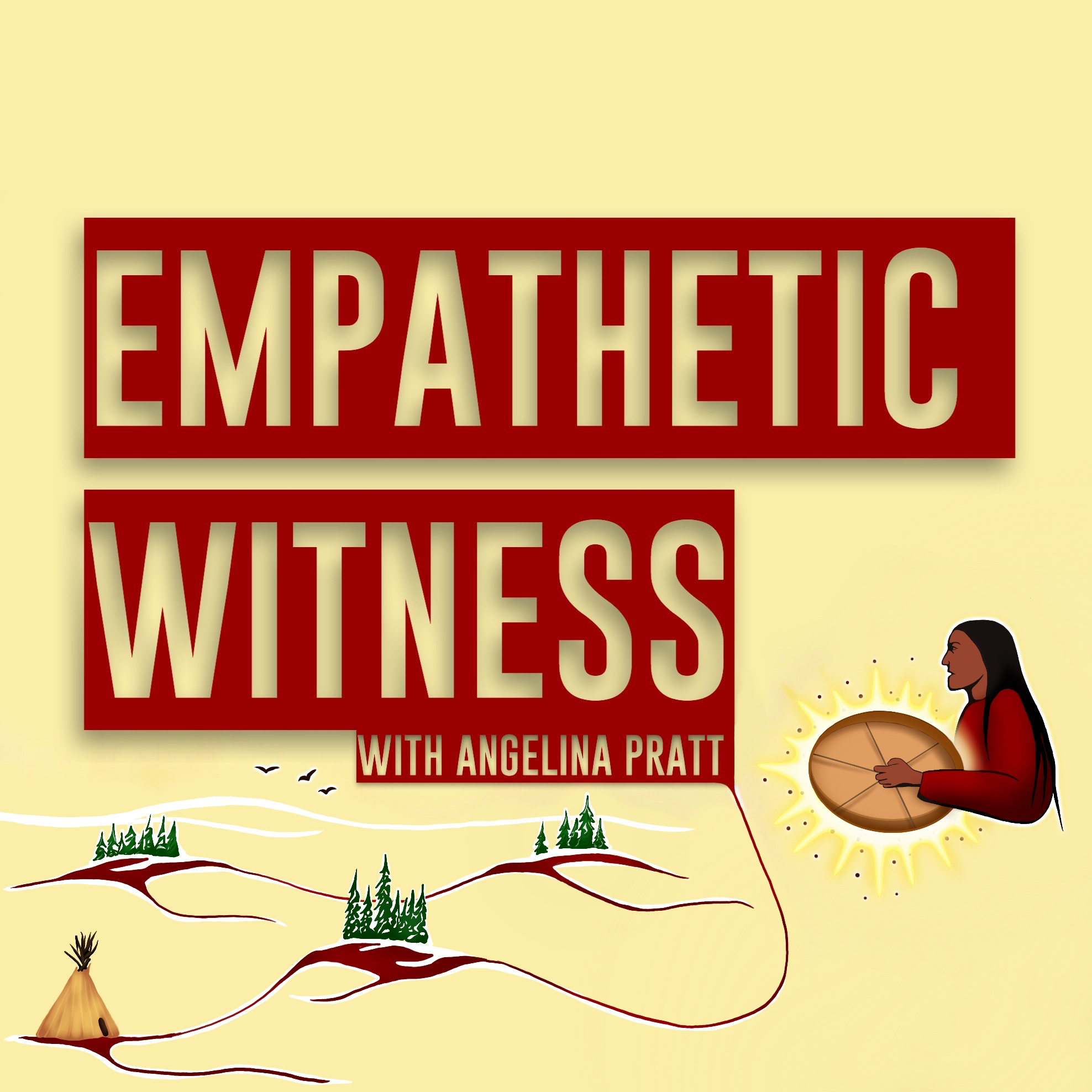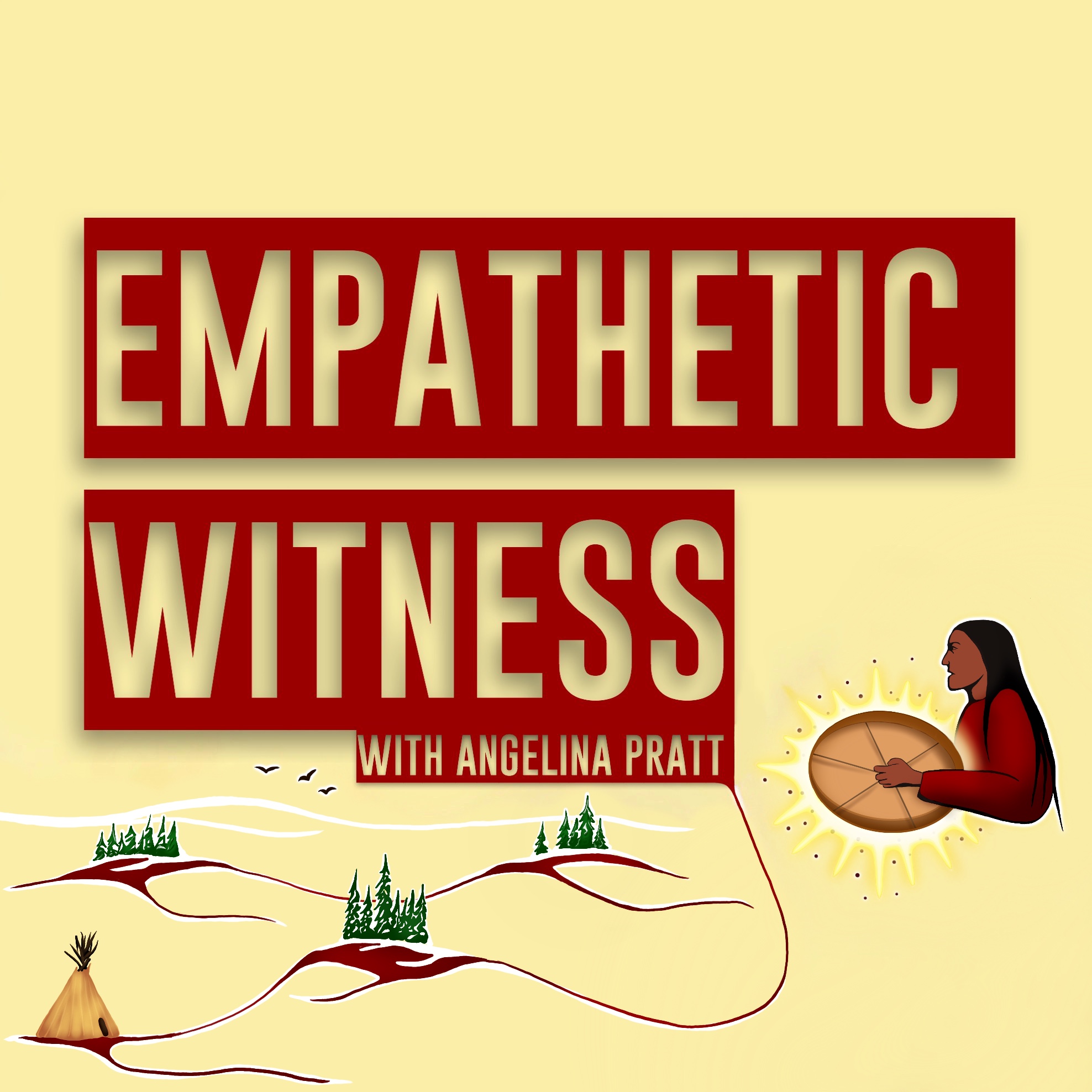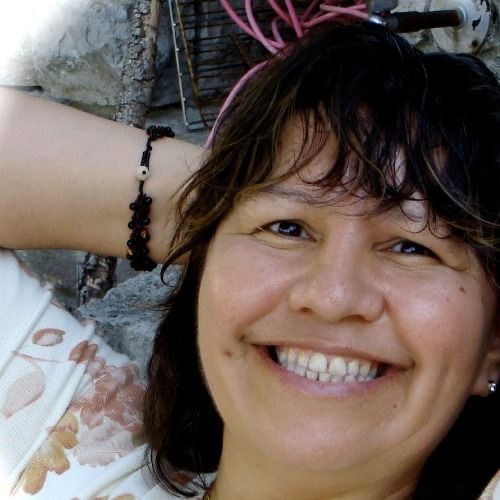Episode 25
Georges Erasmus INTERVIEW 2024 Author of Hotá Georges' Book and Personal Journey
A Indigenous Politician’s Love Story
Georges Henry Erasmus, OC is a Canadian politician. He was the national chief of the Assembly of First Nations(AFN) from 1985 to 1991. Georges Erasmus was born in a Dene community in the Northwest Territories to a family of 12 children. George Erasmus is continuing his work as negotiator for the Dehcho First Nations in NWT.
My interview with Georges was both long overdue and insightful, discussing our shared Dene heritage, the importance of language in preserving Dene culture, and the evolution of leadership within Indigenous communities. And on his 50 years in leadership. https://www.goodreads.com/book/show/204133626-h-t-a-enough
We also discussed the historical context of the Royal Commission (RCAP) on Aboriginal Peoples report, the impact of residential schools, and lastly, we touched on the challenges and progress of reconciliation in Canada, and my journey of creating a non-profit foundation, seventhgift.ca and our personal reflections on Georges' book. and our personal reflections on Georges' book.
• George Erasmus will send me the name of the Indigenous author's book he recently read about a father-son journey.
• Canadian government to implement recommendations from the Royal Commission on Aboriginal Peoples report.
• Canadian government to reinstate the Aboriginal Healing Foundation.
1. Dene Heritage, Language, and Leadership
We discussed our shared Dene heritage and the importance of our mothers. I believe Dene mothers are a powerful and stabilizing force in our life. We also discussed the significance of language in preserving our culture.
Our conversation then shifted to the topic of Indigenous leadership.
2. Indigenous Leadership and Rights Evolution
We discussed the evolution of leadership within Indigenous communities. George explained that the shift in leadership from older to younger generations in the 1960s and 1970s was a response to the liberation and newfound rights that came with the end of colonialism. He also mentioned the struggles faced by indigenous nations in Canada, including the challenge of treaty rights and the push for recognition and governance. I agreed with George's perspective and expressed uncertainty about what would motivate the youth of today to stand up for their rights. George concluded by stating that he believes the struggles of Indigenous communities will continue.
3. RCAP Report's Impact and Reconciliation
We discussed the historical context of the Royal Commission on Aboriginal Peoples (RCAP) report and its lack of implementation. George expressed his disappointment in the report's reception, particularly under the leadership of . Jean Chrétien, highlighting the report's importance and the need for government action. We also touched on the impact of residential schools on Indigenous peoples, the creation of the Healing Foundation, and the Truth and Reconciliation Commission as steps towards healing. We agreed that the burden of reconciliation is shared between Indigenous and non-Indigenous peoples, and that acknowledging the past is the first step towards healing.
4.Residential School Payments and Concerns
We discussed the payment of $350 million to survivors of residential schools in Canada. George shared his experience at a meeting where survivors expressed anger and confusion about the use of the funds. Maggie Hodgson was a Director. They were concerned that the money might be used to repay damages instead of creating healing programs.
George discusses the Aboriginal Healing Foundation's efforts to fund community-driven healing programs for residential school survivors using settlement money, noting genuine healing was starting to occur before funding ran out after 17 years, far short of the time needed to address the multi-generational trauma.
5. Challenges and Progress in Reconciliation
We discussed the challenges and progress of reconciliation in Canada, particularly in relation to the implementation of treaties and the role of the Aboriginal Healing Foundation. George emphasized the importance of patience and the need for continued efforts towards self-determination and self-governance. He also shared his personal experiences and the lessons he has learned throughout his life. I agreed with George's advice, emphasizing the importance of perseverance, and not giving up on the struggle for reconciliation.
My interest in partnering with Pound Makers Lodge, a treatment center. GIFT continues to develop courses and train counselors in First Nations communities based on the foundations created 50 years ago with the Nechi institute.
Links:
https://seventhgift.ca/
https://publications.gc.ca/Pilot/LoPBdP/EB/prb9924-e.htm
https://www.rcaanc-cirnac.gc.ca/eng/1524494530110/1557511412801
https://poundmakerslodge.ca/
https://nechi.com/


